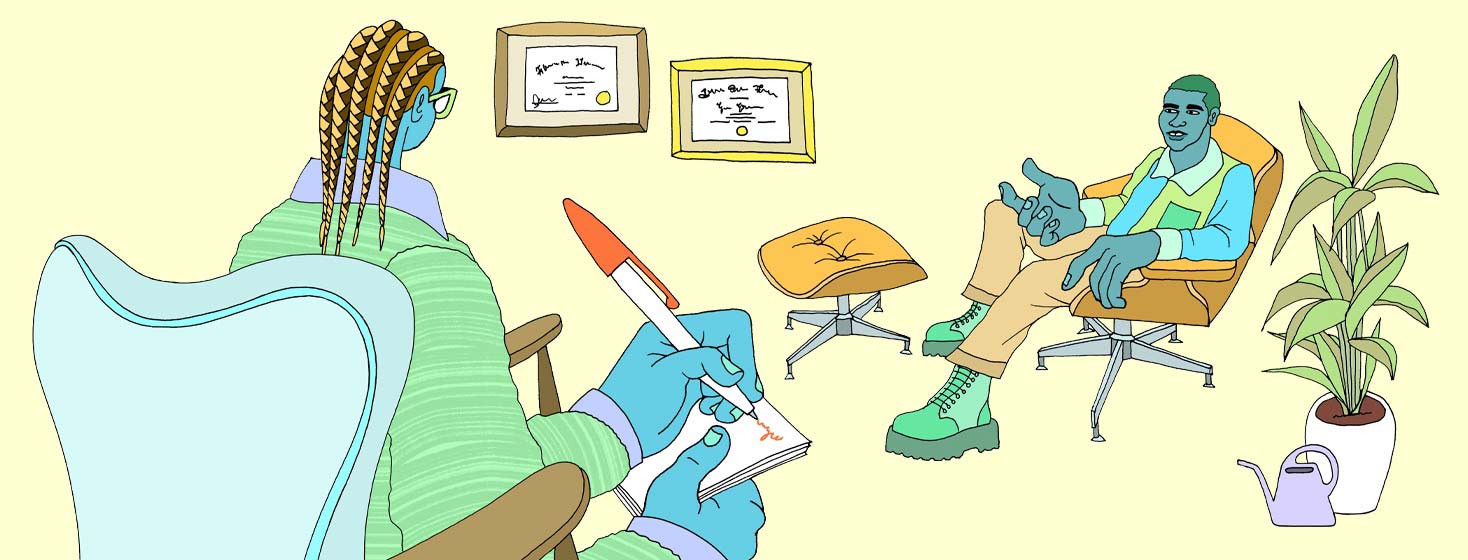Interviewing a Potential Therapist
A, B, C, D…? Even multiple choices can be hard.
Our mental health is extremely important when living with HIV. The individuals we invite into our lives to help with our mental health are also extremely important. There are many aspects to consider when choosing a therapist.
Therapist specialty and price
Area of specialty considerations
- What kind of issues does the therapist normally treat?
- What is the therapist's experience treating similar issues?
Price point considerations
- Does the therapist take your insurance plan
- How much does the therapist charge per session
- What are the payment options?
A therapist can only help so much if they are not experienced in your area of concern. For example, if a therapist has no training or experience in dealing with PTSD, they would be very limited on what type of assistance they could provide for a patient with PTSD. Additionally, if their price point is unaffordable for you then there is no point to continue to interview them.
Business management
Therapist’s appointment management
- How open and flexible are the appointments
- What happens if you need to cancel an appointment
- What if you need to talk to the therapist between appointments, for possible emergency issues
- Do they tend to take extended vacations? If so, what about your normally scheduled appointments
- Do they offer virtual sessions
Therapeutic approaches
- School of thought
- Directive or a guide
- Expectations between sessions, will there be “homework”?
- Length of sessions, number of sessions
- Create goals for therapy
- Define therapeutic success
The management of appointments is another important aspect of a successful therapeutic relationship. Additionally, it is essential to understand how the therapist works. These aspects should be acceptable to you in order for you and the therapist to work well together.
Therapist-patient connection
The most important factor can only be determined by your own feelings or intuition. It is extremely important to find a therapist that you feel comfortable talking to and being around.
If you are uncomfortable, you will not be able to focus on your therapy. Additionally, you want to make sure that you understand and are comfortable with their chosen therapeutic approach.
Some therapists allow a consultation, prior to the first appointment. This would generally be a short consultation or appointment to allow you to ask your questions and get a feel for the therapist. Do not fret if the therapist does not do this because you can get a feel for them and their process during the first appointment.
If you do not find a comfortable connection with the therapist, there is nothing wrong with interviewing another one. You may find a better connection with somebody else.
In the end, all of these elements can affect the fit between yourself and a therapist. Aspects such as the therapist’s area of specialty, the price point of that therapist’s office, appointment rules, their therapeutic approach, and therapist-patient connection.
Have you found any important elements to consider when looking into a therapist?

Join the conversation